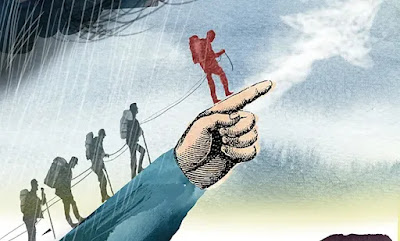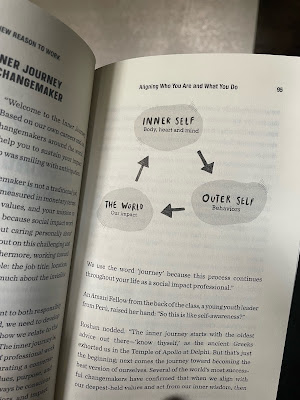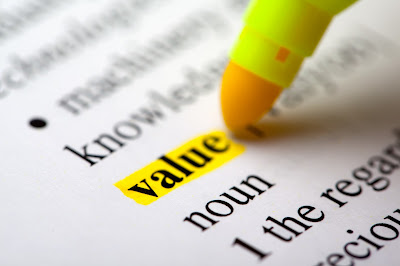We can learn from brands

In today’s world, people are competing to make good money and have an impact at the same time. However, this phenomenon's first turning point occurred in the 1890s. It was called the rise of philanthropy when American industrialist Andrew Carnegie famously pronounced, “The man who dies rich, dies disgraced.” (Paul and Rabbat, 2021:29). Fast forward to the 2010s, and there was a rising period of conscious capitalists. In 2012, Kapor Capital came up with the idea of yoking investment dollars to social change. That was not a novel concept. Socially progressive mutual funds have been around for a long time (Lyonn, 2018: 202). In addition, Kapor believes impact investing might accomplish things that nonprofits and philanthropic organizations cannot achieve. Today’s business, as of 2022-2023 Interbrand Reports, is competing to be a leadership brand. It means they want their business and brand to be not only trendsetters but also leaders, so people will follow them. Furthermore, in order





